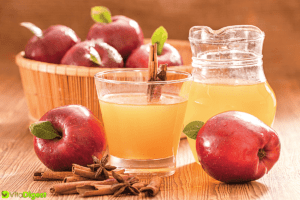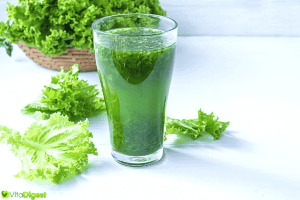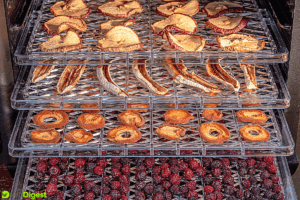Discover the Art of Wholesome Living with VitaDigest
Blend, Nourish, Thrive: Unleashing the Power of Whole Foods
Featured Articles
A Guide to the Different Types of Blenders
How Long is Fresh Juice Good For?
A Guide on Different Types of Juicers
Latest Articles

Our Story – Learning Health, Enriching Lives
Welcome to VitaDigest.com, where our passion for wholesome living transforms into your path to vibrant health. Born from a deep belief in the power of whole foods, our journey began with a simple blender and a handful of fruits and vegetables. Today, we stand as your guide through the world of nutrition, blending science and nature to nourish body, mind, and spirit.
Our mission is to empower your wellness journey with knowledge, inspiration, and the finest tools for healthy living. At VitaDigest.com, we delve into the art of blending and juicing, not just to create nourishing drinks, but to foster a lifestyle that thrives on the richness of whole, natural foods.
We believe in the transformative power of nutrition to heal and energize, in the joy of discovering new flavors, and in the importance of caring for our health as the foundation of a fulfilling life. Through our comprehensive guides, expert reviews, delicious recipes, and insightful wellness tips, we’re here to support your journey towards optimal health.
Join us at VitaDigest.com, and let’s blend, nourish, and thrive together. Discover the art of wholesome living, and embrace the vitality that comes from feeding your body the best of what nature offers.
Elevate Your Wellness
Personalized Nutrition Coaching: Our experts will guide you through personalized meal planning, blending techniques, and nutritional advice to optimize your wellness journey.
Online Courses & Workshops: Dive deep into the world of juicing and blending, nutrition, and whole-food cooking with our expert-led sessions.
Product Guides and Reviews: Our expert recommendations will help you make informed choices on the top products to support your health and wellness goals.
Community Forum: Join our vibrant community to share experiences, recipes, and insights on your path to wellness.
Digital Resources: Explore our curated collection of eBooks, recipe guides, and instructional videos designed to inspire and guide your journey to optimal health.
Contact Us





